10 research discoveries from 2020 you won’t want to miss
Despite the unprecedented challenges everyone has faced in 2020, CU Boulder researchers continued to deliver findings that will improve the lives of people across the globe—or simply dazzle us with new insights into the natural world. Here are some of our top picks for the discoveries that defined our year in research.

Aerosol research instrumental in getting musicians back to playing safely
A CU Boulder research team of scientists and musicians seeks to find out how musical ensembles around the world can continue to safely perform music together during the pandemic.
Frequent, rapid testing could turn national COVID-19 tide within weeks
New research shows that broad, national dissemination of frequent, rapid COVID-19 tests could turn the tide on the pandemic within weeks, without shutting down schools and businesses. For curbing infection, test turnaround time is more important than test sensitivity.
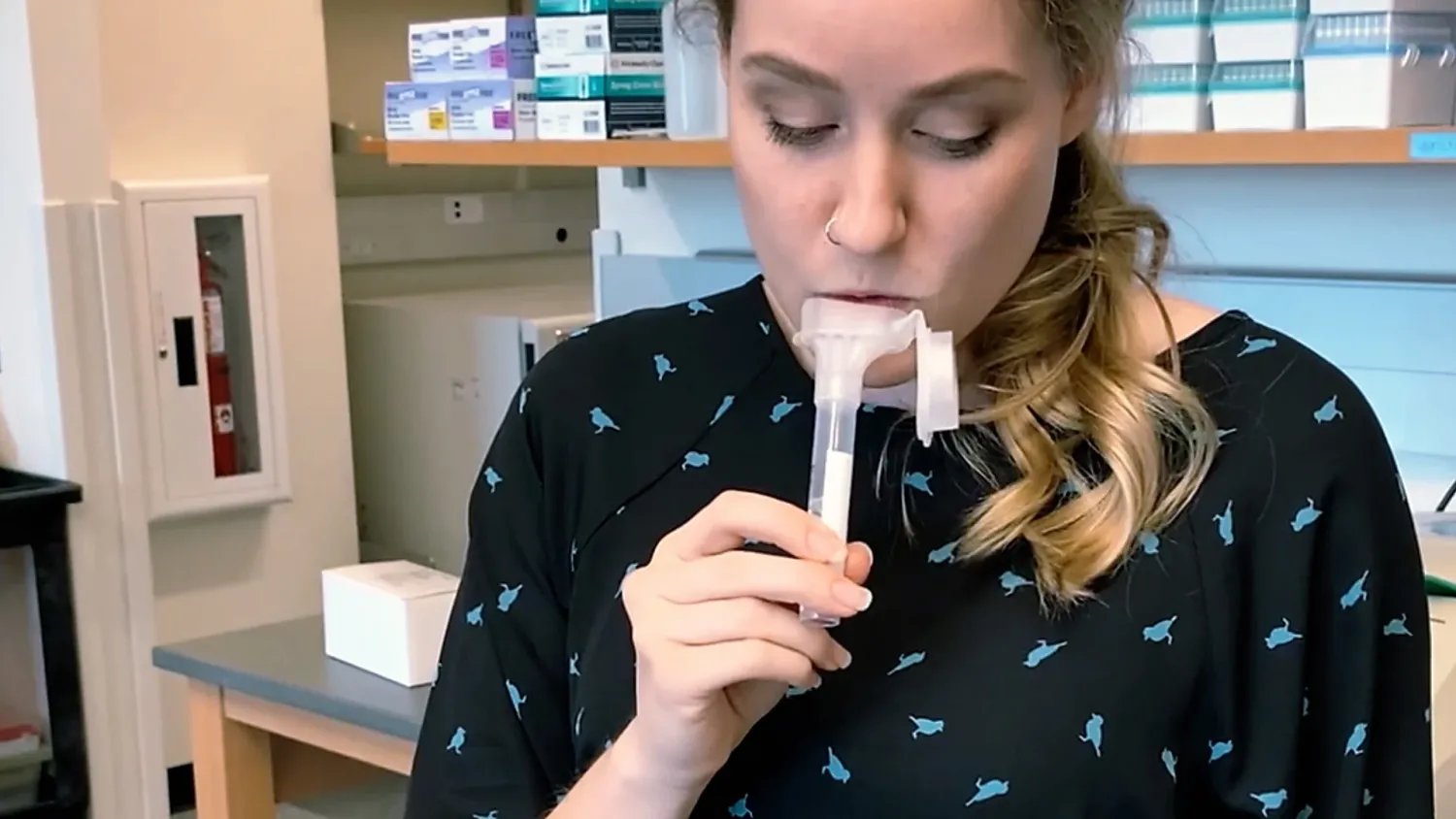
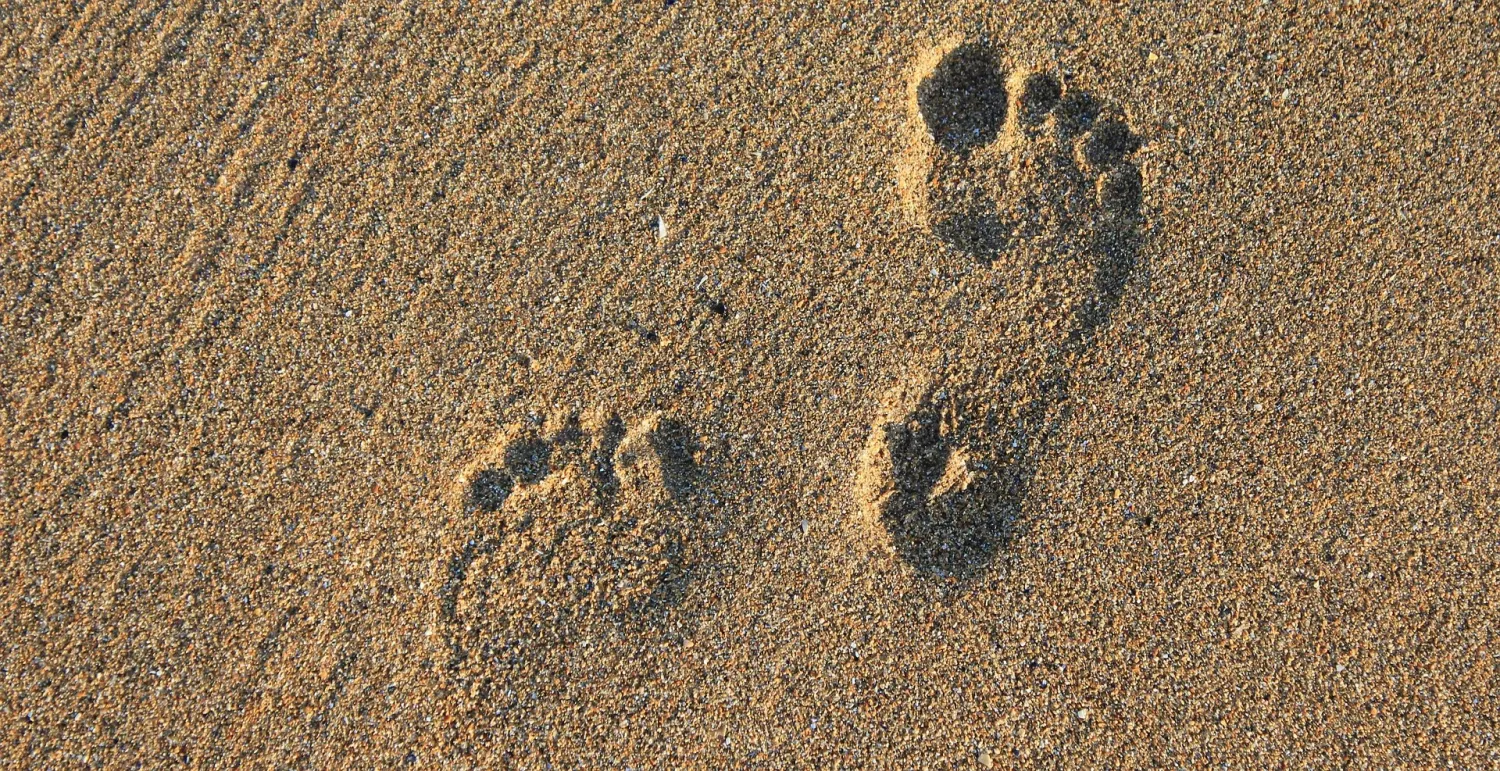
Beach-combing Neanderthals dived for shells
Just like modern-day humans, Neanderthals may have seen the appeal in a little sand and surf, according to a new study.
Pufferfish-inspired robot could improve drone safety
Drone crashes are becoming more common than ever before. Engineers at the ATLAS Institute have built a robot that comes with its own inflatable "airbag."
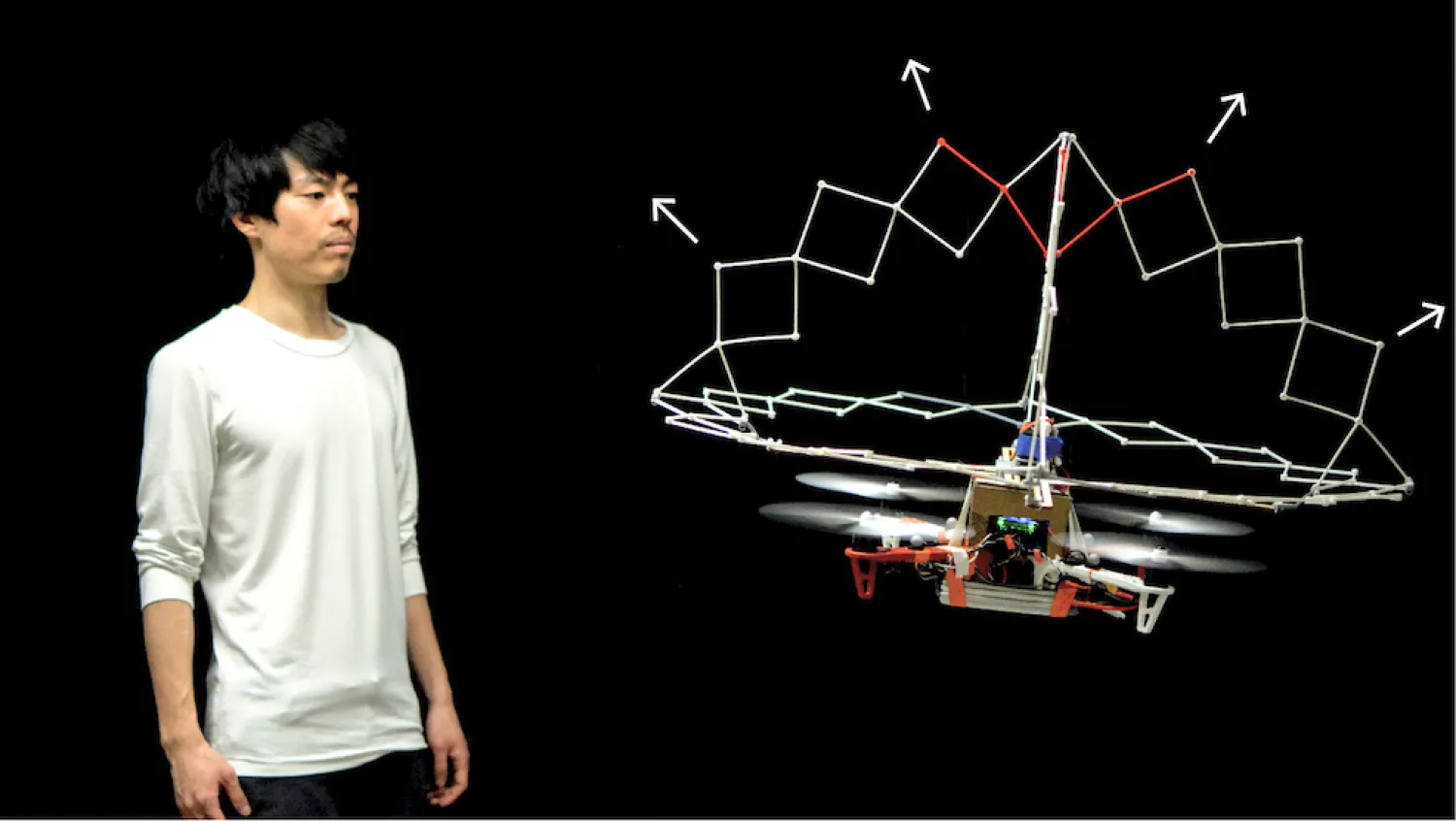

Hubble turns lens toward gender bias, yielding lessons for Earthlings
Associate Professor Stefanie Johnson earned NASA's Agency Honors Award for her research discovering new ways for the Hubble Space Telescope to combat gender bias.
Tiny moon shadows may harbor hidden stores of ice
Finding the ingredients for a hot shower on the moon may have gotten a lot easier, new research from the Laboratory for Atmospheric and Space Physics (LASP) suggests.
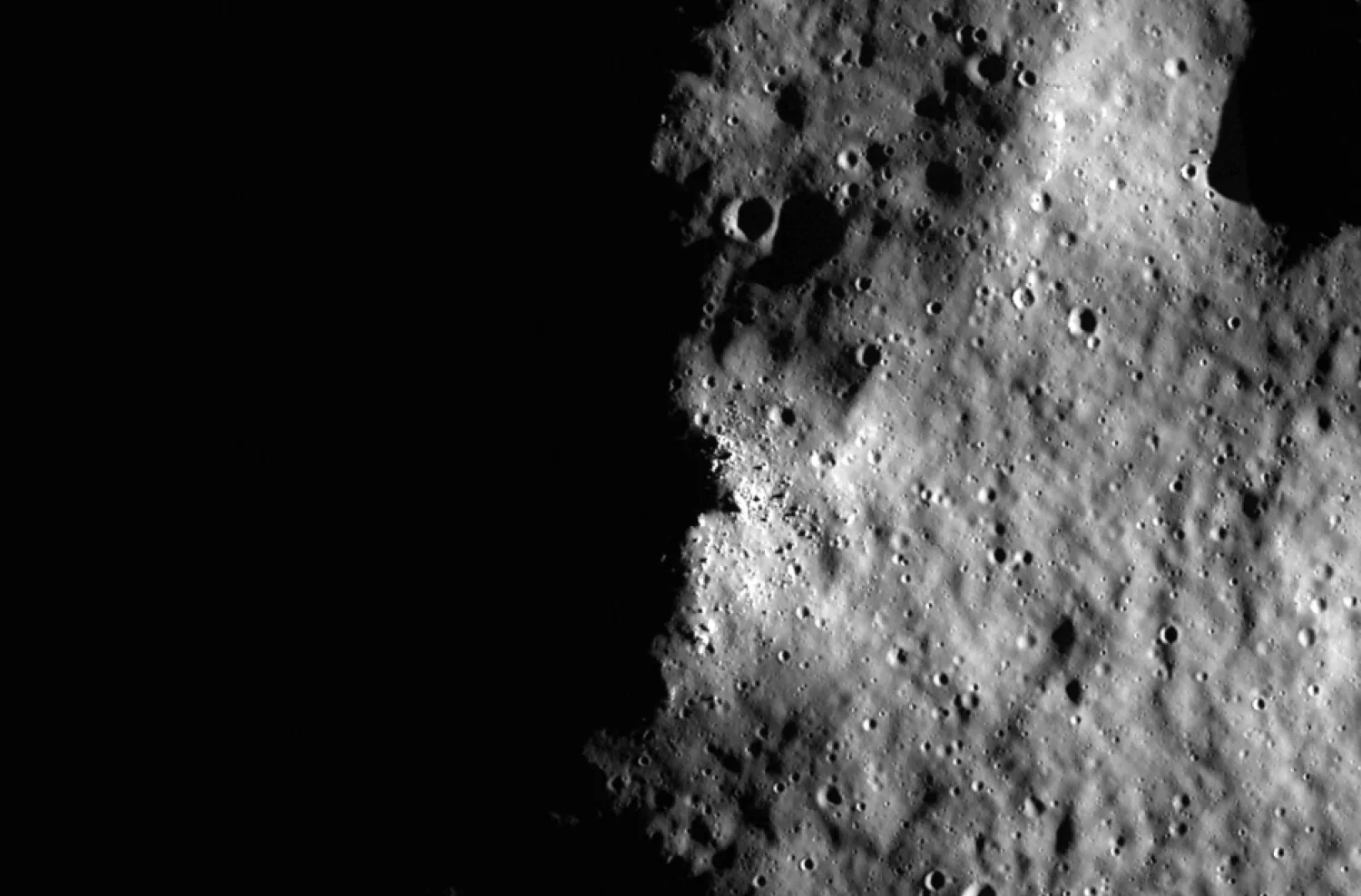
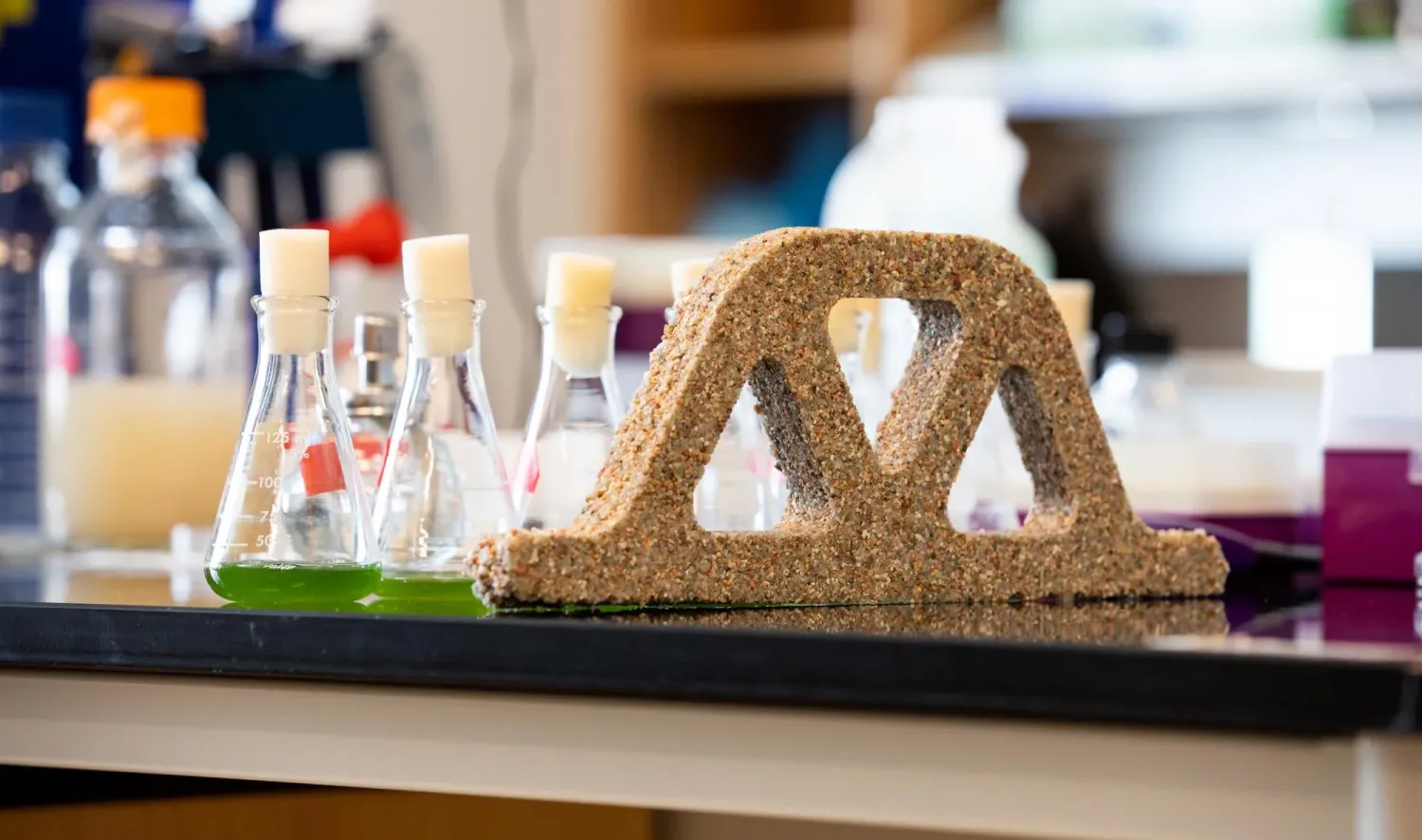
Building materials come alive with help from bacteria
Buildings that can heal their own cracks, absorb toxins from the air or even glow on command? They may not be so far off, a new study suggests.
Forests bouncing back from beetles, but elk and deer slowing recovery
New research reveals that even simultaneous bark beetle outbreaks may not be a death sentence for the state’s beloved forests.
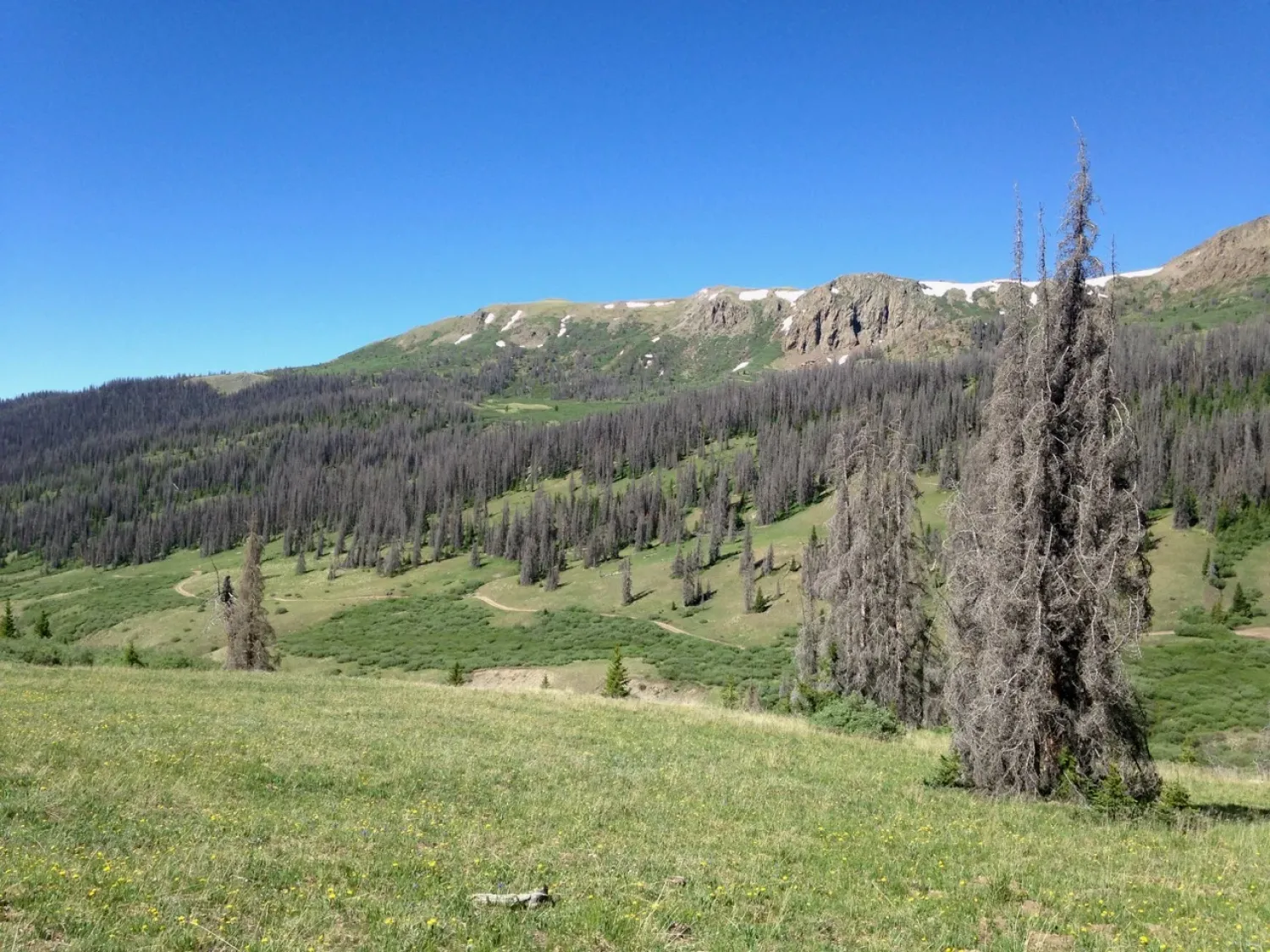

Could climate change affect how well we think? New research says ‘yes’
Another reason we should be cognizant of ventilation in indoors spaces: New CU Boulder research finds that an anticipated rise in carbon dioxide concentrations in our indoor living and working spaces by the year 2100 could lead to impaired human cognition.
The truth about fake news
Researchers at CU Boulder have spent years studying where fake news comes from and how it spreads. This story from the Coloradan follows their search.



